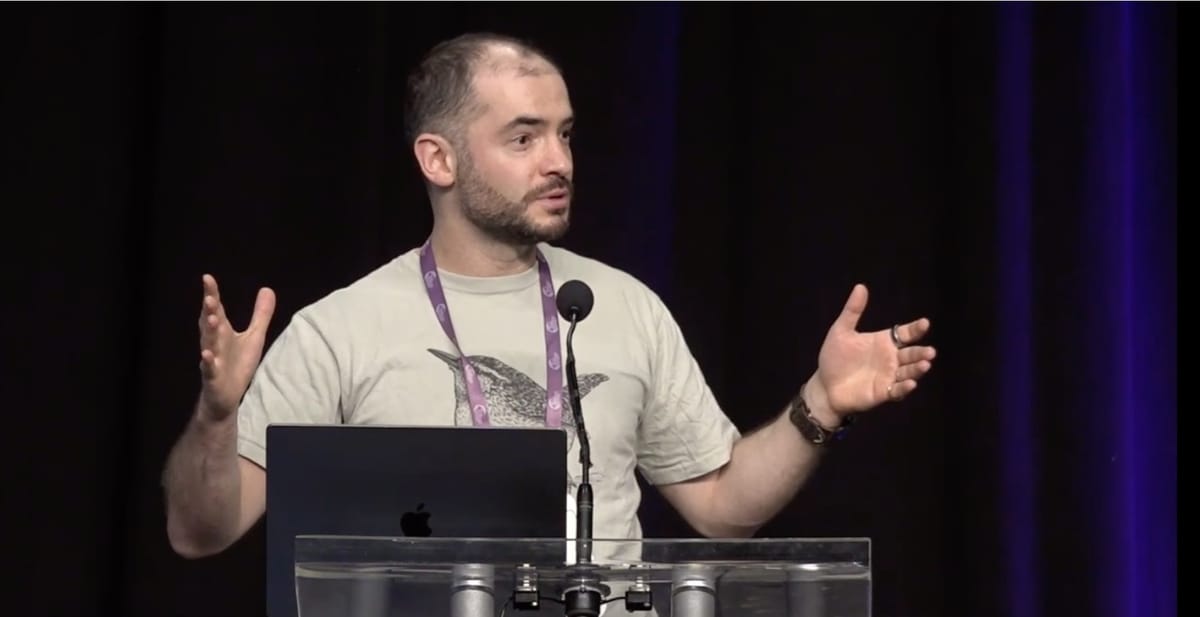
Ilya Sutskever, OpenAI's former chief scientist, is warning of reaching "peak data" and outlines a future of more autonomous, reasoning AI systems that could fundamentally change how we develop artificial intelligence.
Key points:
- Sutskever predicts current pre-training methods will end due to finite training data, comparing it to "fossil fuels" of AI
- Future AI systems will be truly "agentic" and capable of reasoning, making them more unpredictable than current models
- He draws parallels between AI scaling and evolutionary biology, suggesting the field might discover new approaches beyond current pre-training methods
In a rare public appearance since leaving OpenAI, Sutskever painted a stark picture of artificial intelligence's future at the Conference on Neural Information Processing Systems (NeurIPS) in Vancouver. The Safe Superintelligence Inc. founder's message was clear: the AI industry is approaching a critical juncture where traditional training methods will no longer suffice.
Sutskever, known for his foundational work in deep learning, argues that we've hit "peak data" - a limitation that will force the industry to evolve beyond current pre-training approaches. "We have but one internet," he told the audience, drawing an analogy between training data and fossil fuels - both finite resources that cannot sustain indefinite growth.
The limitation isn't in computing power, which continues to advance through improved hardware and algorithms. Instead, it's the scarcity of new, high-quality training data that poses the most significant constraint. This reality check comes at a time when the industry has relied heavily on massive datasets to train increasingly powerful AI models.
Looking ahead, Sutskever envisions AI systems that can operate more autonomously and employ genuine reasoning capabilities - a significant departure from today's pattern-matching approaches. "The more it reasons, the more unpredictable it becomes," he cautioned, comparing future AI systems to chess programs that can surprise even grandmasters with their moves.
Drawing from evolutionary biology, Sutskever highlighted how human ancestors developed a distinct pattern in brain-to-body mass ratio compared to other mammals. He suggested that AI might similarly need to discover new scaling approaches beyond current pre-training methods, just as evolution found novel pathways for cognitive development.
When pressed about the implications of more autonomous AI systems, Sutskever remained measured but optimistic. "Maybe that will be fine," he said, responding to questions about AI rights and coexistence with humans. "I think things are so incredibly unpredictable. I hesitate to comment but I encourage the speculation."
The talk marked a significant shift in perspective from one of deep learning's pioneering figures, suggesting that the field's next breakthrough might not come from bigger models or more data, but from fundamentally new approaches to how AI systems learn and reason.

